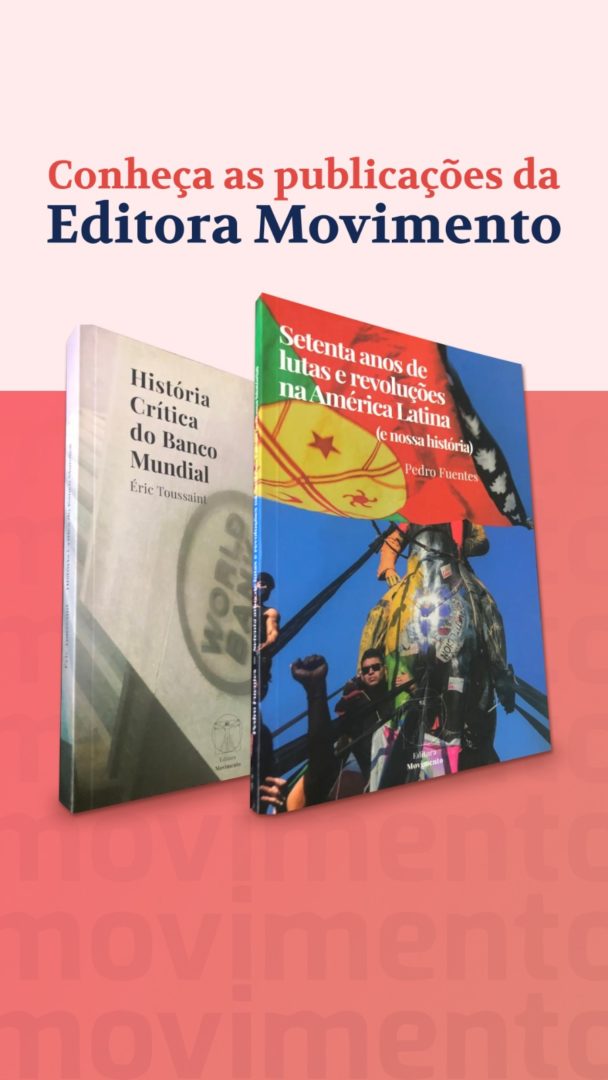Mobilization against the coup in Peru
No to Castillo’s arrest; new early elections; and call for a constituent assembly.
Last week ended with a bitter taste for Brazilian football fans. After an irregular campaign, the team went home early, leaving the dream of the hexa (Brazilian Championship) lost on penalties to Croatia. Also last week, the Lula government announced the first names of its ministry, with no great surprises. After the diplomatic ceremony this Monday (12), new announcements should take place.
However, the most important political event of the past week took place in Peru. It is important to draw attention to what is going on in our neighboring country: a coup, orchestrated by the Fujimorist-dominated parliament, has resulted in the deposition of President Pedro Castillo. We bring to the debate, therefore, our first impressions about the events in Peru, as well as the different positions that the left and even the heads of state have adopted in this process, which is still open, as shown by the weekend demonstrations against the coup, which resulted in the death of four young demonstrators.
What happened? The political nature of Castillo’s fall
The institutional crisis that led to the fall of President Pedro Castillo, elected in 2021, reached its peak on December 7, when another third attempt by the Peruvian parliament to pass a motion to vacate the presidency would be voted on. In an erratic way, Castillo tried to defend himself from impeachment by calling for the dissolution of congress, without appealing to mobilizations and building with his allies and the popular camp. The outcome was tragic: in a coup of a reactionary character, Castillo was arrested, and in record time the vice-president, Dina Boluarte, was sworn in.
As the comrades of our sister organization, “Súmate”, a member of the New Peru Movement (MNP), defined it very well:
“From the first moment that the right wing discovered that it was defeated in the second round of Peru’s general elections, that same racist and classist political, business and media right wing did not accept that a person from the countryside, a rural teacher, Quechua-speaking and wearing a sombrero would be president. Even if Pedro Castillo did not jeopardize the economic interests of the business class and has a line of neoliberal continuity, they did not accept that a president with these characteristics should have won the elections; classism and racism is the combination to give life to a coup.”
The situation in Peru is one of recurring institutional crisis. Just in the span of six years, since 2016, three presidents have been ousted by congress: Pedro Pablo Kucinski, Vizacarra and Merino, as well as three others arrested for corruption. It was in this context that Pedro Castillo surprised everyone and won the 2021 election. A teacher, coming from deep Peru, of indigenous origin, Castillo projected himself as the leader of the 2017 national strike, overcoming the traditional union bureaucracy.
There was a 15-month siege of the government by the Fujimori congress. Castillo’s government was marked by several crises, with more than 100 ministers in just under a year and a half. With the attempt to dissolve congress and declare a state of siege, Castillo precipitated events. His practically immediate arrest and the inauguration of Dina also had the support of imperialism.
Two positions towards the Peruvian crisis
The sectors of the international bourgeoisie, the US embassy and the big media were quick to accept Castillo’s fall and Dina’s inauguration. The Folha de São Paulo, coherent with its class interests, predicted in an editorial of December 9: “One less coup-plotter.”
Among the so-called progressive Latin American governments, there were two positions, taking into account that the situation in Peru is part of a process of instability and polarization: Gustavo Petro (Colombia) and López Obrador (Mexico) defended the former leader and, even though they criticized his erratic line, they recognized the reactionary character of the parliamentary maneuver/coup. AMLO even offered Castillo asylum.
Lula, in turn, immediately recognized Dina’s inauguration, unfortunately following the position of the US embassy. The president-elect stated that “everything was done within the constitutional framework. What Peru and South America need at this moment is dialogue, tolerance and democratic coexistence.” In the statement, Lula also said he hoped that the new president of the neighboring country, Dina Boluarte, will be “successful in her task of reconciling the country and leading it along the path of development and social peace.”
Polarization will continue! An anti-capitalist and internationalist left is needed
Despite the outcome of the coup and Castillo’s arrest, the popular movement is fighting on. The cities of the “rebel south” are rising up against the coup plotters and a general strike is being called for the 15th. The latest MNP statement makes one direction clear: no to Castillo’s arrest, new early elections and the calling of a constituent assembly.
The MES has sought to deepen its relationship with the Peruvian comrades, from Sumate: we organized an emergency meeting and are publishing the main statements and news to inform the Brazilian public. The situation is not yet closed. The last word has not been given and the Peruvian people are going to fight.
The struggle will continue and should serve as a lesson: without changing the deep gears of the State and calling for another institutionality based on popular power, the victories are limited and will be constantly sabotaged by the interests and powers of the ruling class. To account for this, we must continue building an anti-capitalist and internationalist left, supporting and learning the lessons of our peoples. For this we also prepare ourselves for the debates within the PSOL, maintaining its coherence and independence.






















































